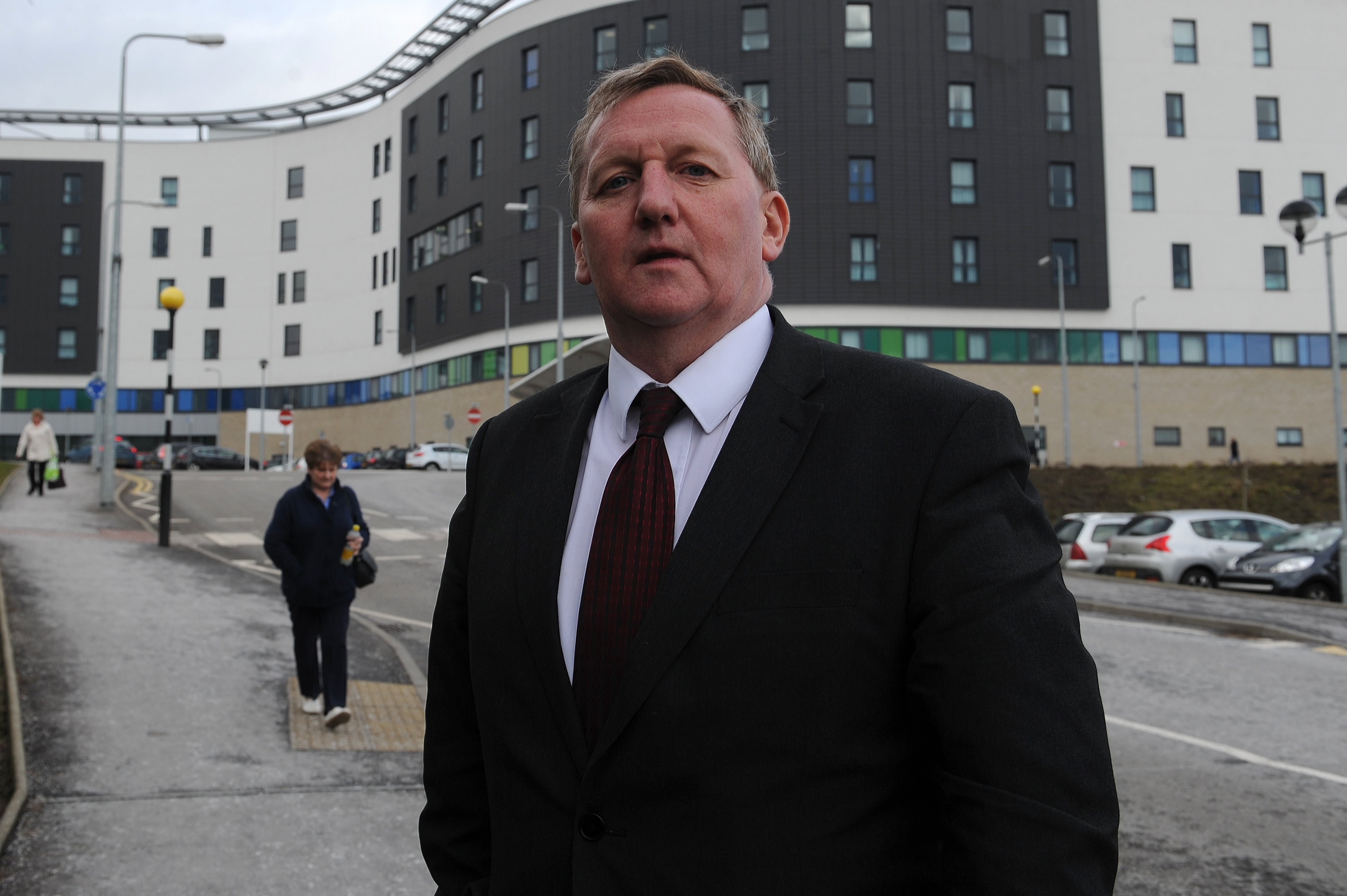The number of patients kept in Fife hospitals longer than necessary has soared, according to a local MSP.
Alex Rowley, representative for Mid Scotland and Fife, says that staff in NHS Fife are being overworked as the service fails to cope with the turnover of patients requiring hospital treatment.
His words follow the publication of official Scottish Government figures, which showed that in August, 3,823 days were spent in hospitals across NHS Fife by people delayed in their discharge, up from 3,476 in July.
He said: “The situation we are seeing here in Fife is the same all over the country.
“More and more people are being let down by the government’s mismanagement of our NHS.
“The NHS is one of our proudest achievements of the 20th Century and it must be looked after in the 21st Century so it can care for the old when they need it and meet the needs of our communities.
“I have spoken with NHS staff and realise that they are doing the absolute best that they can under immense pressure, however it is clear that many are being overworked, undervalued and not enough resources are being provided.
“The cuts that NHS Fife are being forced to make over the coming years will only make this worse.”
Revealing the figures earlier this month, Shona Robison, the Scottish Government’s health secretary, restated her determination to tackle delayed discharge and free up hospital beds for those who need them.
She said that a three-year, £30 million investment programme would be implemented to accelerate improvements.
A spokesperson for Fife’s Health and Social Care Partnership said: “Over the course of the last year our performance has continued to show signs of improvement.
“The total number of bed days lost to patients in delay has reduced from 4,358 in August 2015 to 3,823 in August 2016.
“This is a reduction of 535 days, representing an improvement of 12% from last year.
“Furthermore, within this figure, the number of patients in delay who are awaiting home-based or alternative care has seen a more significant drop of 718, whilst the number of patients with more complex needs has increased by 183 during the same period.”
The spokesperson added: “Beds have been reduced as part of our Re-Shaping Care agenda, which is supporting a move to more community-based care for people who have complex and on-going conditions.
“This includes greater partnership working with our voluntary sector colleagues to offer alternatives to hospital-based care.”










